Join us to celebrate the breadth and excellence of Bournemouth University’s research as part of Interdisciplinary Research Week this May. This is an opportunity to spark new collaborations and ideas among our diverse research community.
This year we have a week long programme of lectures, demonstrations, discussions and a film, which will showcase the fantastic research which is being undertaken at the university.
This is the first in a series of blog posts which will highlight the events you can join throughout the week. The first event of the programme will take place on Monday 11th May, Professor Anthea Innes will be discussing ‘Dementia: improving the lives of people affected by dementia in Dorset’.
This two-hour interactive session will showcase a range of initiatives that members of the Bournemouth University Dementia Institute (BUDI) are working on in collaboration with our community partners. This includes working with a local school where pupils and people with dementia have been learning to use gaming technology like the Wii and Xbox to play together, and the BUDI orchestra, collaboration with professional Bournemouth Symphony Orchestra musicians.
This event will take place on Talbot Campus in the Marconi Lecture Theatre from 6:00pm-8:00pm, with a wine reception from 5:30pm. You can book your place by clicking here. 
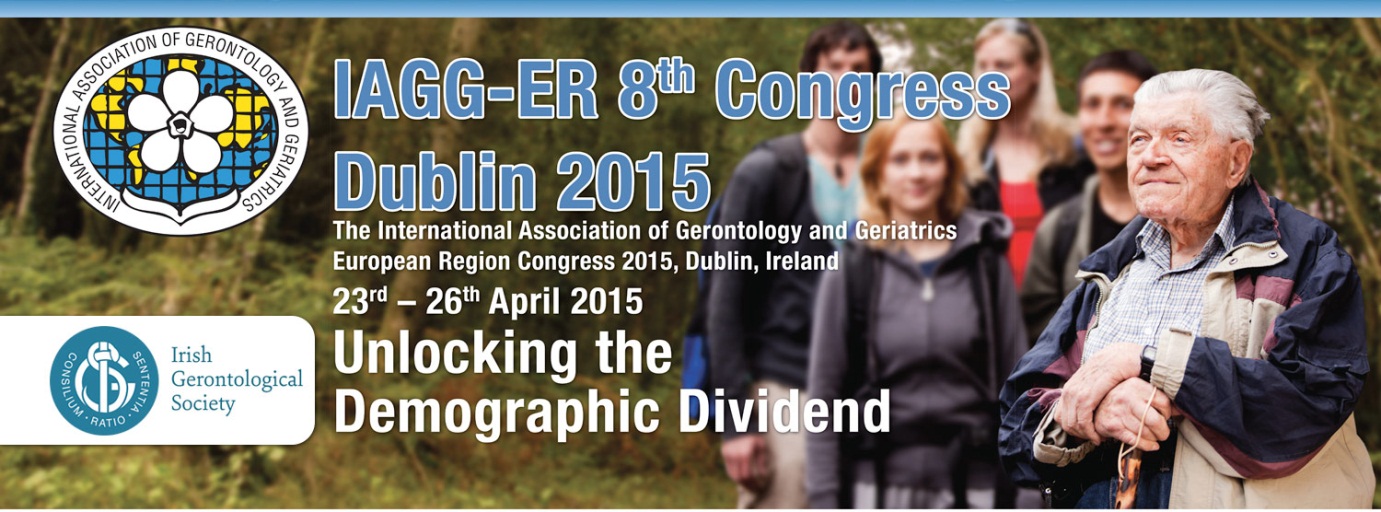



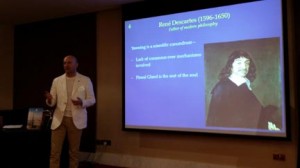






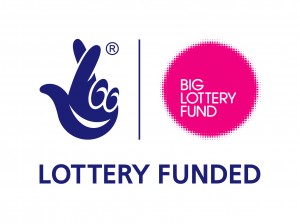

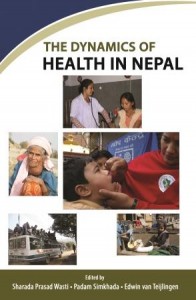
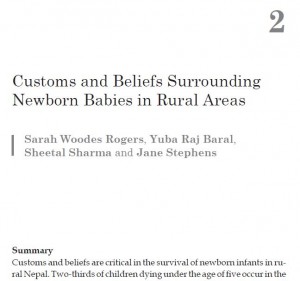











 Read and sign up to BU’s Policy Influence Digest
Read and sign up to BU’s Policy Influence Digest Upcoming opportunities for PGRs – collaborate externally
Upcoming opportunities for PGRs – collaborate externally BU involved in new MRF dissemination grant
BU involved in new MRF dissemination grant New COVID-19 publication
New COVID-19 publication MSCA Postdoctoral Fellowships 2024
MSCA Postdoctoral Fellowships 2024 Horizon Europe News – December 2023
Horizon Europe News – December 2023